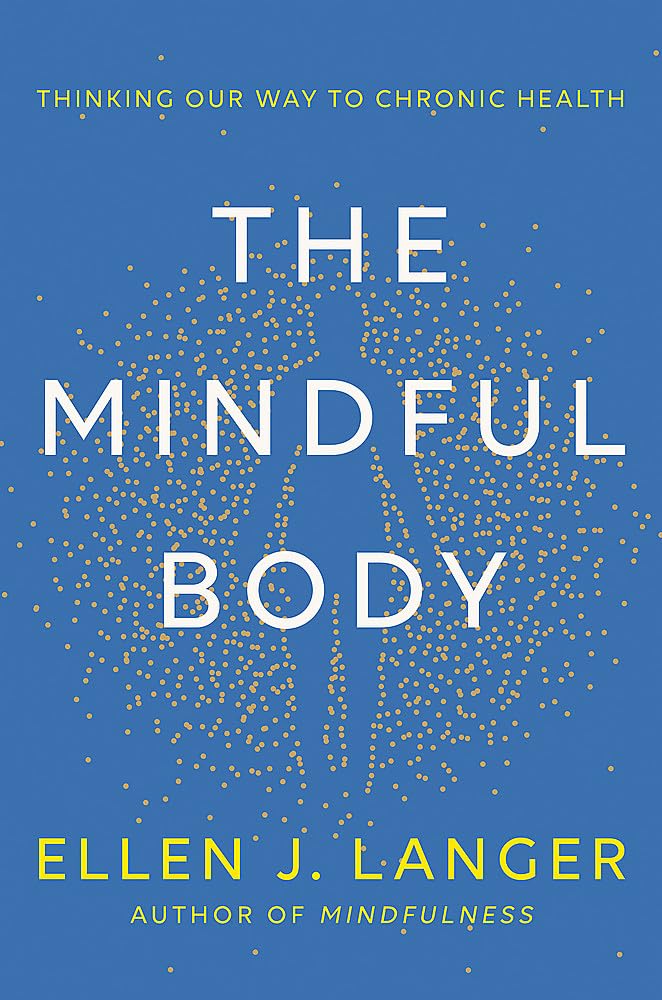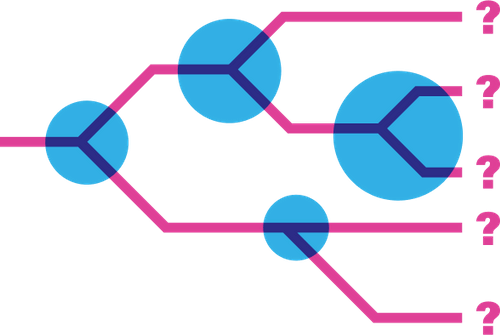Posts Tagged ‘cognition’
The Mindful Body argues against mindlessly accepting age-related decline in cognition and health as inevitable
In 1979, Harvard researcher Ellen Langer invited elderly men to spend a week at a retreat designed to remind them of their younger days, surrounded by the art, music, food, games, décor, and more from the late 1950s. Afterward, the men were tested and found to have made significant gains in hearing, memory, dexterity, posture,…
Read MoreHopes and Questions raised by Alzheimer’s drug Leqembi (lecanemab)
The FDA has approved Leqembi, the first disease-modifying treatment for early-stage Alzheimer’s and a precursor condition, mild cognitive impairment. Medicare has said it will pay for the therapy. Medical centers across the country are scrambling to finalize policies and procedures for providing the medication to patients, possibly by summer’s end or early autumn. It’s a…
Read MoreReading for pleasure during childhood may lead to higher brain/ cognitive development and mental well-being during adolescence
Early childhood is a critical period for brain development, which is important for boosting cognition and mental wellbeing. Good brain health at this age is directly linked to better mental heath, cognition and educational attainment in adolescence and adulthood. It can also provide resilience in times of stress. But, sadly, brain development can be hampered…
Read MoreAlto Neuroscience raises $60M (equity + credit) to help fix the “trial and error” approach to psychiatric medication
Alto Neuroscience bags $25M for four Phase II drugs (Endpoints News): Another $25 million is flowing the way of a California biotech attempting to fix the “trial and error” system in neuroscience drug R&D. Alto Neuroscience picked up the capital from Alpha Wave Ventures via an extension to its Series B, bringing total equity raised…
Read MoreBallroom dancing can reduce aging-related brain atrophy in the hippocampus (and, more than treadmill walking!)
Social ballroom dancing can improve cognitive functions and reduce brain atrophy in older adults who are at increased risk for Alzheimer’s disease and other forms of dementia. That’s the key finding of my team’s recently published study in the Journal of Aging and Physical Activity. In our study, we enrolled 25 adults over 65 years…
Read MoreTaking your brain vitals: Stories from a techno-optimist inventing the future of human performance
For as long as I can remember, my father loved acting. Into his sixties and early seventies, he was quite active in the theater. He played Tartuffe in Molière’s Tartuffe, Nick Bottom in Shakespeare’s A Midsummer Night’s Dream, and the Old Man in Steve Martin’s Picasso at the Lapin Agile. When he won the role…
Read More





